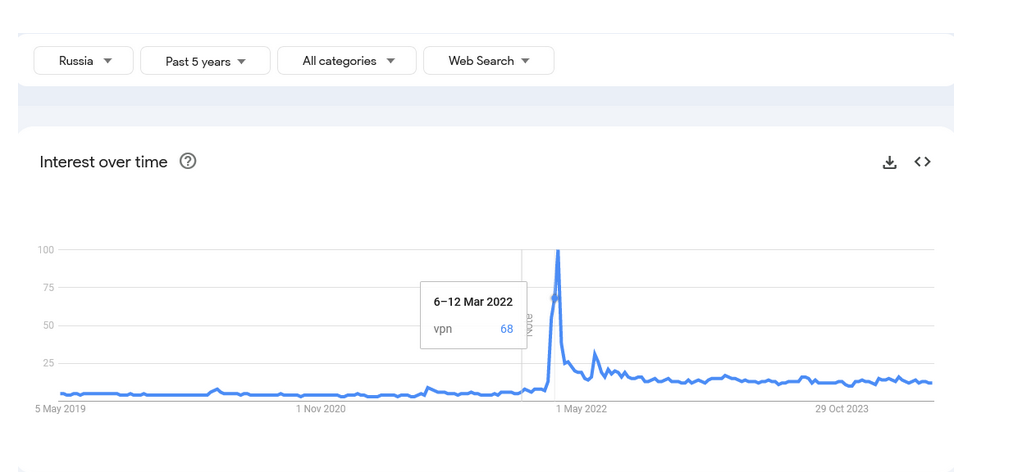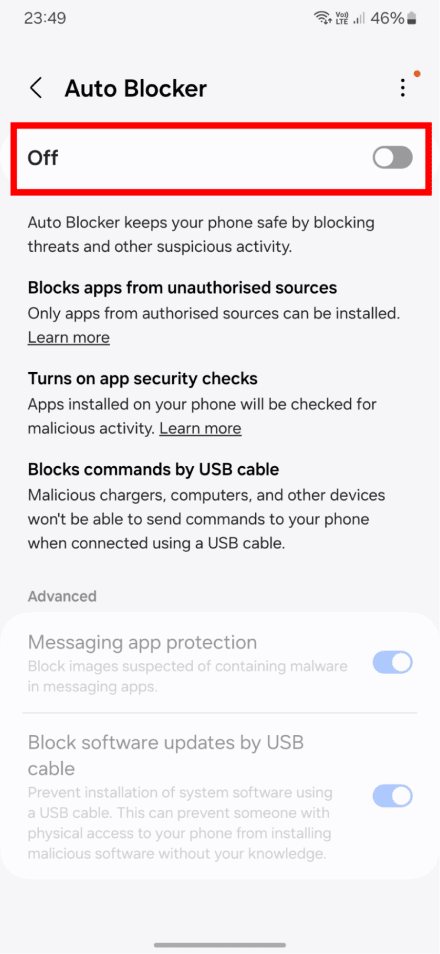TikTok is on cusp of being banned in the US. What does it mean for the VPN market?
On April 24, US President Joe Biden signed the bill that paves the way for banning TikTok into law. Now TikTok’s parent company, China-based ByteDance, has 270 days to divest from its US offshoot unless it wants the app to be banned on US territory.
What are the chances of TikTok getting banned
ByteDance has already signaled that it would rather pull the plug on TikTok for US users rather than acquiescing to a buyout by a US company. On the line are not only user data, but also TikTok’s prized recommendation algorithm that keeps over a billion people — including some 170 million US TikTok users — glued to their smartphone screens. The algorithm also fuels ByteDance’s other ventures, like its Douyin app — a Chinese version of TikTok. Given that ByteDance primarily profits from China, relinquishing this algorithm is not something that the Chinese behemoth apparently wants to do. Nor does the Chinese government want it to: Beijing has repeatedly said it would oppose such a sale. Under China’s export control law, the algorithm is likely to be classified as a controlled item, giving the government the power to restrict its export, including to potential US buyers.
So is all hope for US TikTok users lost? TikTok CEO Shou Zi Chew has made it clear that he will try to challenge the law in court. TikTok has repeatedly and vehemently denied allegations by the US lawmakers that it is beholden to the Chinese government and would spy on the US TikTok users if requested by Beijing. The company is now expected to argue that the law violates the First Amendment to the US Constitution, which protects freedom of speech. However, the chances of TikTok being “saved” by the US justice system are slim, mainly because the issue involves national security.
Given all of that, if we look at things realistically, TikTok will probably get banned in the US. So, assuming that's what goes down, what will happen to accessing the app in the States?
TikTok ban will trigger a spike in VPN demand
Never before has the US government banned Americans from using an app created by companies outside of the US, so TikTok users in the US will be facing an unprecedented situation for the first time.
But while US TikTok users will be adapting to the new reality, users in other countries have already gone through the same trials and tribulations, and have found ways to access the forbidden fruits. The easiest and the most popular way is by using a VPN. But what would that mean for a VPN market at large?
According to TikTok itself there are about 170 million app users in the US. It’s very unlikely that they would be ready to quit the app cold turkey, and we can safely bet that many will try to use roundabout ways to access it. In a poll conducted across our channels, we found that approximately two-thirds of US users said that they would use a VPN to access TikTok. Extrapolating this percentage to the entire US population suggests that around 115 million people — a significant chunk or about 35% of the entire US population — would resort to a VPN to circumvent the restrictions on TikTok.
There are different estimates as to how many Americans use VPNs now: according to a recent survey by Security.org about 95% of US adults are familiar with the technology, while 46% use VPNs. Other studies, however, suggest the percentage is much lower.
Regardless, we can be quite certain that the US ban on TikTok would lead to a surge in interest in VPNs. We need look no further than the skyrocketing demand for VPNs after PornHub blocked access to users in several states in response to age-verification laws. For example, in Texas alone, demand for VPN services jumped an impressive 234.8% in just one day.
In this context, the case of Russia, where popular social networks such as Instagram and Facebook have been blocked since March 2022, offers a rather compelling illustration of the potential long-term consequences of such bans on the local VPN market. In the immediate aftermath of the bans, demand for VPNs in Russia soared by 10,000%, with the number of VPN installs hitting an all-time high.

While only about 3.37% of Russians used a VPN in 2020 and 8.62% in 2021, by April 2022, shortly after the Russian government cracked down on foreign-owned social media companies, that number jumped to nearly 23%. And by the fourth quarter of 2023, 36.2% of Internet users in Russia reported using virtual private networks (VPNs) for at least some online activities.
In conclusion
The impending ban on TikTok in the US is likely to lead to an increase in VPN usage among Americans. Similar restrictions on social media access in other countries, such as Russia, have prompted a substantial surge in VPN demand — and there’s no reason to believe that the US will be an exception.
We oppose all bans and stand for freedom of speech and expression, so the US move to de facto ban TikTok is a regrettable step. However, there is a silver lining. As more people become familiar with VPN technology, there’s a chance for increased awareness of online privacy and security. VPNs not only allow you to bypass restrictions, but they also offer encryption and other added benefits, making them valuable tools for protecting personal information and ensuring safe web browsing.


































